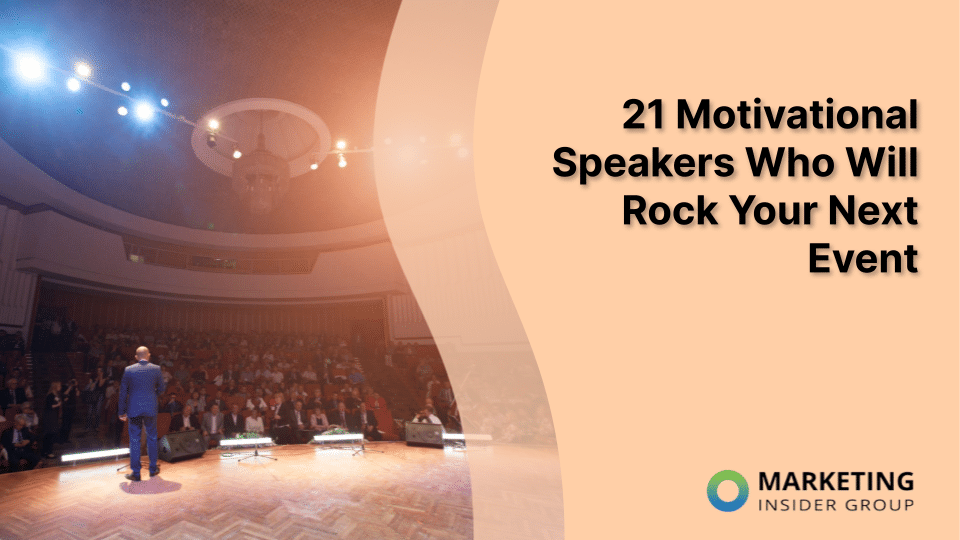
21 Motivational Speakers Who Will Rock Your Next Event
Whether you’re a non-profit organization, an industry trade association, or a business, your upcoming event likely faces stiff competition from similar events. If your group has tasked you with planning the event, you need to make sure that your event has the kind of pizzazz that will make attendees want to come back year after year. One of the best ways to add pizzazz to your event is to find a motivational speaker that will rock the house.
One of the main challenges to get people to your event is the boredom factor, particularly if your event is a recurring one. Often, people skip sessions – or even the event itself – if they’ve been to the same event time and time again. As the meeting planning experts at Meetings Imagined put it, “once you’ve seen one, you’ve seen them all.”
So, it all boils down to finding the right speaker for the right audience – one who’s a proven motivator in both speech and action.
Quick Takeways:
- Find a motivational speaker whose speeches draw large numbers of loyal fans.
- Choose a speaker whose topic and expertise pair well with your event’s focus.
- Use targeted marketing before and during the event to build anticipation.
Know Your Audience’s Goals, Desires, and Pain Points
Just like in marketing, event planning requires a good amount of research to choose the right speakers. Whether you’re choosing a small-group seminar leader or the keynote speaker, use available data and analytics to look at the audience’s demographics, level of expertise, and needs to find a speaker that can help them solve the problems they want answers for.
If you start early enough, you can even send out a survey to potential or registered attendees to see what their goals are in attending your event. If they’ve attended past events, allow them to share (preferably anonymously) what they liked and didn’t like about previous speakers.
A little extra time spent in research can pay off big-time in finding a speaker who will connect with your audience and their needs. Such thoughtfulness seems almost intuitive. Your audience will appreciate it – and will probably encourage their friends and colleagues to attend as well.
It goes without saying (although we will say it to drive the point home) that you need to start looking for a speaker well before the event. Plan to start your hunt for a speaker at least a half-year before the event. Ideally, you should start looking as soon as the current year’s event ends.
Choose a Speaker Whose Focus Aligns with Your Own
Secondly, your speaker’s area of expertise should dovetail with the purpose of your event. It needn’t be an exact match, but the speaker’s topic should bring value to the attendees.
Let’s consider a marketing conference. Not only should you search through marketing industry movers and shakers, but you could also look at retired political figures who drew voters to their side for years. Marketers would doubtless love to learn their secret to winning over people to their side.
Sports legends, too, who mesmerized fans with not only their talent but also with charisma, might be a great choice. Even though these speakers might not be in the marketing industry, their ability to draw people in is a skill that marketers will want to learn how to master.
Interviewed in Eventbrite, Speakers’ Corner managing director Nick Gold advises planners to set clear goals for what they want the speaker to accomplish. Those goals can help you narrow down your choice of speakers.
For instance, if you want to motivate your audience to treat every day at work as if it were a major sports competition, a former (or even current) sports star with some business experience can help attendees make the connection between mental and skills preparation and performance on the job.
If, on the other hand, you’re gathering a group of new entrepreneurs, choosing a speaker who climbed from rags to riches on her hard work and entrepreneurial savvy would be the perfect choice to inspire attendees to do the same.
Find a Motivational Speaker with a Large Following
Chief among the factors that draw attendees is having a motivational speaker with a guaranteed following – usually an indication of a spellbinding speaker. Not only must the speaker have legions of fans who will travel halfway around the globe to hear her speak, but she must add the kind of spark to your event that will make new attendees stand up and take notice.
Speaking = Giving
While I’ve been listed as a top motivational speaker, and a top virtual keynote speaker in the past, I wanted to share the love and list out some speakers who inspire others and who are at the forefront of their fields.
The spark that drives people to greatness resonates across all sectors and pushes people towards success regardless of their background.
So if you’re looking for someone who can inspire change and connect with people no matter the situation, or even if you just want awesome content for your event, you need to find speakers with universal insight that delves deeper than just crunching numbers and selling products.
What makes a really awesome motivational speaker?
Personal success does not equal speaking ability. The greatest motivational speaker aren’t just the ones who have achieved success in business but those who know how to practically share their insights with others.
Here are several speakers that motivate and inspire with all of their keynotes:
John Hall

Few speakers engage with an audience the way John Hall does. John is all about leaving a speech with clear takeaways, and he is willing to go the extra mile to make sure that happens.
Author of the bestselling book Top of Mind, his speeches cover ways you and your team can be more engaging to the people that matter most to you so that consistent opportunity comes to your company.
Ravishankar Gundlapalli
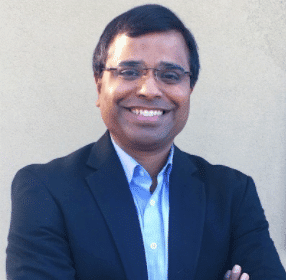
Author of The Art of Mentoring, Ravishankar Gundlapalli wants to help audiences reach their full potential. Founder and CEO of MentorCloud, Ravi gives audiences the tools necessary to connect and learn from the right mentors in order to grow their success. If you feel your team is in need of some guidance, Ravi is the speaker for you.
Mary Lyons

In the top 1% of the financial industry nationwide, Mary Lyons wants to educate audiences on a variety of financial planning, financial investment, and financial management topics. She believes that your financial strategy should be constantly evolving and her wealth of knowledge can educate any audience on financial planning.
Jaime Taets

Jaime Taets is a strong believer that leadership and a change-resilient culture are the foundation of any successful business. CEO of Keystone Group International, she specializes in identifying growth prohibiting factors in your business. If you want to make your business more efficient and prone to growth, Jaime is a great speaker to motivate your audience.
John Ruhlin
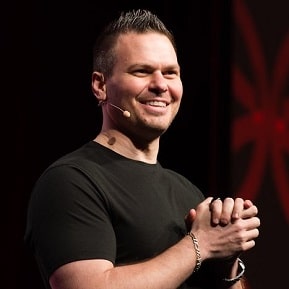
A company’s culture is becoming extremely important in today’s job market. John Ruhlin understands that and provides the tools necessary to transform your work environment into a happy, healthy workspace. Author of Giftology and keynote topics ranging from appreciative selling and leadership to the “referability” factor, John is a great speaker to captivate your audience.
Justin Donald

Justin Donald‘s main goal is to show audiences how to build sustainable financial freedom. Author of The Lifestyle Investor, Justin teaches audiences how to build passive income in order to achieve their dreams. His speeches explain simple, proven ways to grow your wealth and create lasting financial freedom.
Gene Hammett

Gene Hammett is an executive coach who helps founders and CEOs create new company growth. After studying the leadership of fast-growth companies — the Inc 5000 — Gene discovered how their approach to leadership activates new strategies for growth. He is a best-selling author, keynote speaker, and the founder of the Growth Think Tank, recognized as a top podcast for leaders by Inc.com and Entrepreneur.com.
Brittany Hodak

Brittany Hodak is all about turning your customers into your superfans to accelerate your business’s success. Her model is simple, straightforward, and proven effective. She offers a wide variety of speaking programs that can be customized to any audience.
Shep Hyken
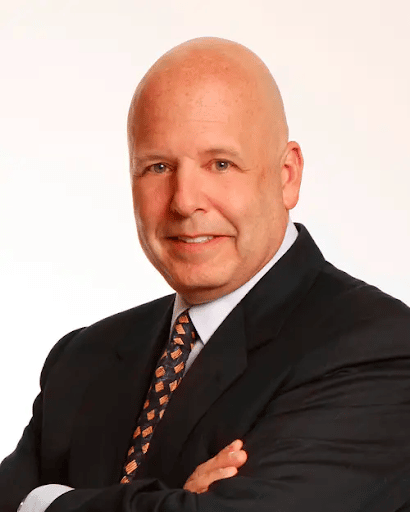
A positive customer service experience is crucial for the success of a business. Shep Hyken is a customer service expert and CAO, or Chief Amazement Officer, at Shepard Presentations. Customer engagement, customer service, and creating customer loyalty are a few of the topics he covers in his keynote speeches. His speeches will leave your audience with tools they can implement immediately, making him a very useful speaker.
Kerry Goyette

Founder of Aperio Consulting Group and behavioral science expert, Kerry Goyette offers a unique approach to her keynote speeches. She wants to help companies construct the most effective teams to maximize performance. Kerry offers expertise in workplace analytics, organizational development, and leadership training just to name a few.
Gordie Bufton

Too often, many of us are left unfulfilled and unhappy by our work. Author of The Connection Effect and Eluding Reality, Gordie Bufton wants to help audiences live in the present moment. From a troubled addict to a now thriving entrepreneur, Gordie offers a unique perspective for audiences to fulfill their life, both personally and professionally.
Mark Lachance

Mark Lachance, CEO of Maxy Media Inc., is all about leadership development. Author of the bestselling book The Lucky Formula, his formula for blitzscaling companies and organizations can be extremely beneficial for teams who want to promote rapid growth. Mark is a great speaker to book if your team needs an extra boost of motivation.
Alex Demczak
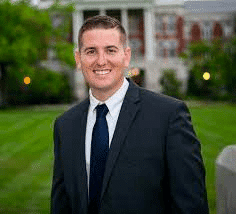
Alex Demczak, the author of Thrive U, is a former SEC quarterback for the Missouri Tigers. Alex is an inspiring communicator, facilitator, and trainer who challenges businesses, schools, sports teams, and non-profits to maximize their potential and make a difference. Alex frequently delivers keynotes and conducts training programs based on The Power of Positive Leadership and The Power of a Positive Team.
Lena Requist
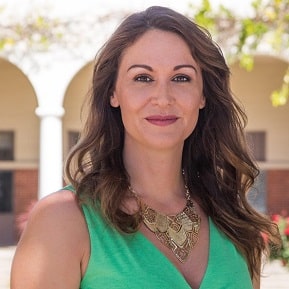
Lena Requist creates leaders. She is the founder of Driver’s Ed, a productivity course designed to put people in the driver’s seat of their professional lives as well as the president of Ontraport, a CRM and automation platform. Lena is also the founder of Ontraport Women in Business, a community that empowers over 300 women to make the most out of their careers. Lena’s enthusiasm for helping others makes her a powerful speaker on subjects like professional development and female empowerment.
Tracey Grace
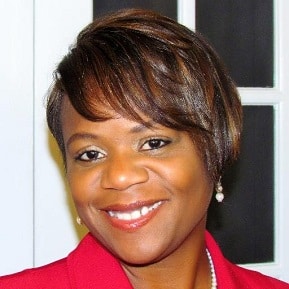
Tracey Grace has grit. Before breaking into tech by founding IBEX IT Business Experts, Tracey led successful sales teams at companies like Learning Tree and FedEx. At IBEX, she helps organizations like NASA and Amazon implement and train workers on cutting-edge technologies. Although her professional expertise lies in IT governance and change management, she’s a uniquely powerful authority on topics like diversity, networking, and leadership.
Chris Schembra

Few people fit the definition of a renaissance man like Chris Schembra. At his day job as the founder of 7:47, a relationship-building dinner service, Schembra helps business leaders communicate gratitude over shared meals. Outside of 7:47 Schembra, is an award-winning Broadway producer, real estate manager, and marketing consultant. Personal development, gratitude, and entrepreneurship are topics well within Schembra’s wheelhouse.
Mada Seghete

Mada Seghete is a fantastic case study of what it means to stay agile in today’s world. Originally a software engineer, Mada has since founded Branch, a deep linking platform that services clients like Yelp, Tinder, and Starbucks. Mada speaks about her experiences in companies of all kinds and how staying at the cutting edge of what’s going on in tech and business keeps you a cut above the competition.
Andrew Thomas

As one of the chief architects behind smart home company SkyBell, Andrew Thomas has established himself as one of the leading experts on both the Internet of Things and company growth in general. As a thinker, Andrew’s greatest asset is his radical honesty on what makes companies grow and what gets people motivated. Making growth happen both personally and professionally is one of the many things that Andrew such a valuable speaker.
Scott Stratten

Scott Stratten is changing the way people think about marketing. In addition to writing five bestselling books, Scott has established himself as a thought leader in an increasingly fractured marketing landscape. Keeping your eyes on what’s important can be difficult in a distracted and technology-focused world, but Scott’s speaking has a special way of getting people to understand how to forge ahead in their field.
Brian Scudamore
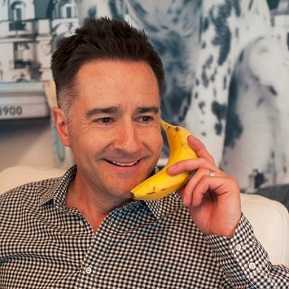
As a college student looking for a way to pay tuition, Brian Scudamore spent his last $700 to buy a used truck. Brian went on to turn that purchase into the world’s largest junk removal service, 1-800-GOT-JUNK and create a series of well known home service brands. No wonder, then, that when Brian speaks about business, tenacity, and being willing to fail, people listen. Brian has shared his wisdom at events like Fortune’s Small Business Magazine national conference and television shows ranging from Undercover Boss to the View.
Bob Glazer

Few speakers can offer expertise on stimulating and influencing others like Bob Glazer. Bob is the CEO of Acceleration Partners where he’s been named the 2nd best CEO of small and medium sized companies in America by GlassDoor. In addition to leading a successful organization, Bob is renowned for his ability to connect with people of all kinds on a daily basis at his work. Bob’s speaking can bring some of that human-centered thinking to your workplace.
I hope you found this list helpful. Getting a speaker onto your event roster is only half the work done. In order to make it a complete success here’s some additional steps you need to take…
Consider the Speaking Schedule
Different speaking slots demand varying levels of energy in a speaker. For example, an after-lunch speaker needs to deliver a high-energy speech to counter the food comas many attendees will lull in.
Contrast that style to the thought-provoking, more meditative delivery that a close-of-day speaker should have. As you choose speakers for each slot, study some past speeches they’ve given to determine if they have the speaking chops to deliver the right tone for the speaking slot you’re considering them for.
Attend Similar Events (Or at Least Watch Videos) to Hear Them Yourself
It pays to attend a few similar industry events to track down promising speakers for your event. Study their audience’s response to determine if they can move an audience to act.
If you cannot attend an event where a speaker you are considering is speaking, see if you can find videos on YouTube or the speaker’s website to hear the speaker in action. Read reviews after each of the events to determine how actual audience members reacted to the speech.
Ensure a Memorable Experience with Targeted Marketing
Before the Event
Make sure that you have filled every seat in the auditorium with a targeted, intensive marketing campaign well before your event. Offer promotional merchandise to those who register early, as well as those who bring along their colleagues.
Use relevant content marketing to demonstrate your chosen speakers’ expertise in your field or related fields. Whether it’s a guest blog post on your company website, an interview on an authoritative industry publication, or a pre-event podcast to build interest in your event, use every opportunity to provide information to potential attendees.
Since nearly all potential attendees search for information about your event before they register, posting content on a variety of online channels is a major component of success. Use targeting tools available on both Google and social media to narrow down your audience to likely attendees.
Use social media to engage with your target audience. Link to short pieces of content that promise a more thorough treatment of the topic during the speaker’s presentation at the actual event. If potential attendees know that the speaker will help them solve a problem that has dogged them over the years, they’ll be more likely to attend.
At the Event
At your event, create plenty of buzz beforehand. Signs, book signing sessions, and teaser descriptions all help to build anticipation about the speaker’s appearance. Consider meet-and-greets after the speech to boost attendance at the speech itself.
Motivate the Speaker!
Before the headline speaker takes the stage, warm up the audience with some great high energy walk-up music, an entertaining hype video, or a dynamic introduction. Your goal is a memorable experience in every way – so set the scene for your speaker with a great opening act.
Whether it’s a musician, a magician, or a comedian to warm up your audience with some lighthearted fun, it’s important to draw from your audience’s full range of emotions. Consider some of your organization’s homegrown talent, too. Skits – when they’re well done – can help prepare the way for a more serious talk by the main speaker.
With rigorous, targeted preparation both before and during the event, you will create the kind of emotional buzz that builds anticipation. If you’ve chosen your speaker well, that anticipation will translate into over-the-top pizzazz at the event itself.
And if you want to book me for a presentation that motivates your audience on understanding exactly what content marketing is, or how to deal with mean people who suck in your business, just contact me now.

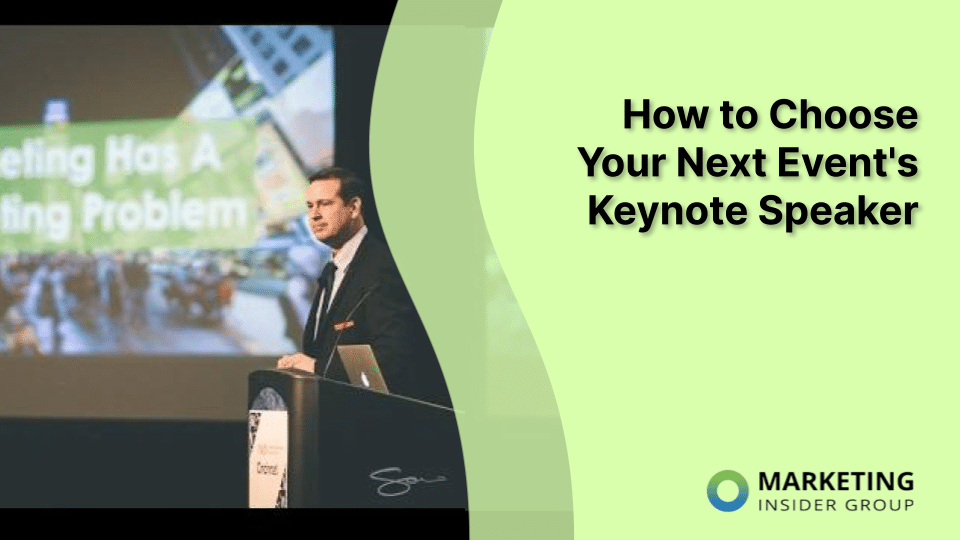
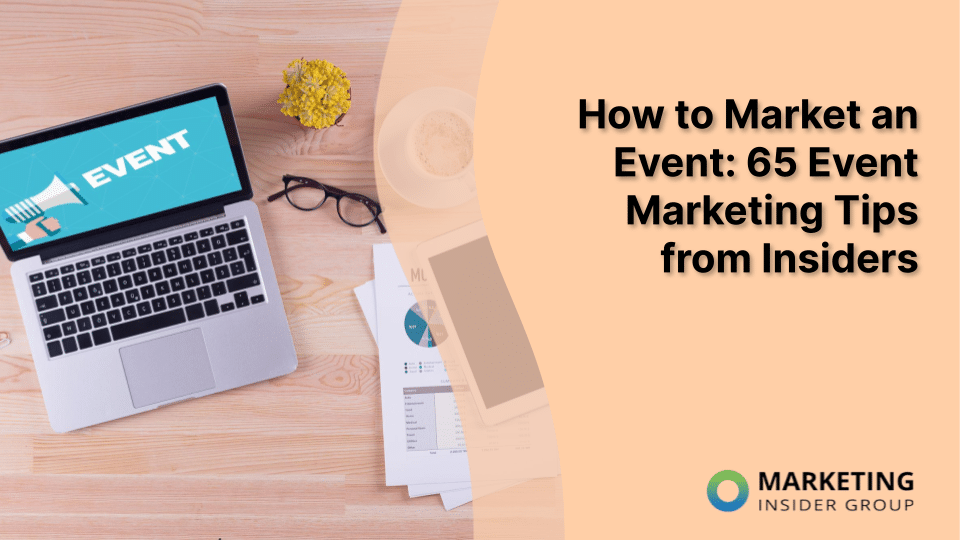




Just awesome, so much passion, what a way to start the New Year.
Thanks Ella! Best of luck in 2020!
How does one get in touch with these speakers if they are interested in booking them for an event?
Hi Leeanne,
I would reach out to them on LinkedIn. That’s where most of my speaking leads come in! If there’s someone specific you want to reach, let me know. Chances are I know them personally!